written by:
reviewed by:
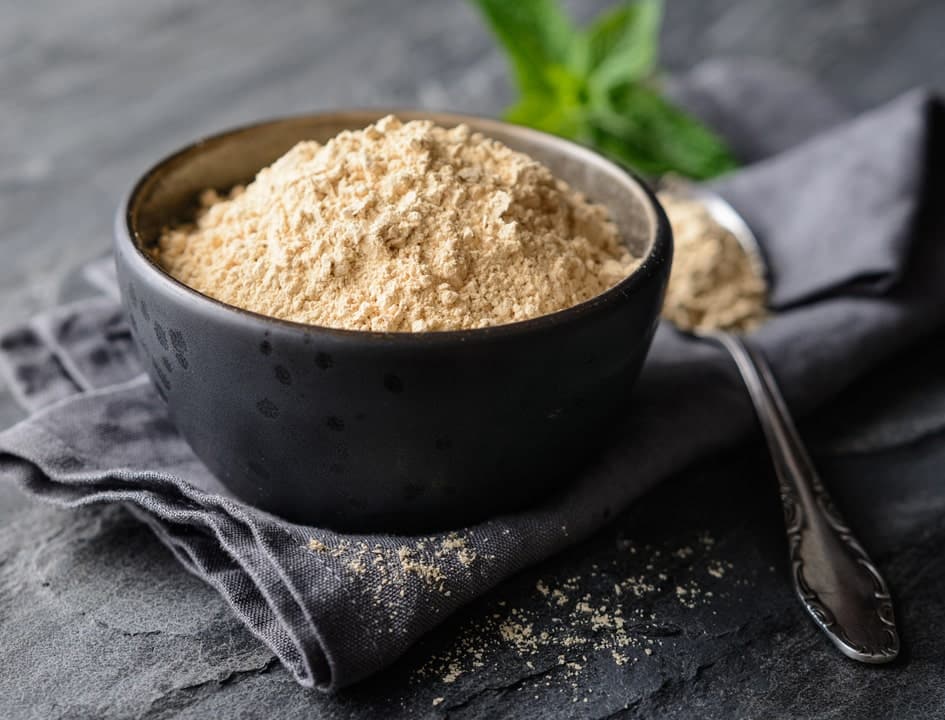
Hot flashes are one of the most bothersome symptoms of peri-menopause and menopause. They can range from a mild warming sensation to full-on overheating that causes sweat to run down your forehead and back. If you are experiencing bothersome hot flashes there are many different natural remedies available.
What causes a hot flash?
Hot flashes are most often caused by hormonal fluctuations. Decreases in estrogen levels can cause the body’s thermostat to become more sensitive to subtle temperature changes. When the body perceives it is too warm it triggers a hot flash to induce sweating which in turn, cools the body down. Below are five natural remedies for hot flashes.
Black Cohosh
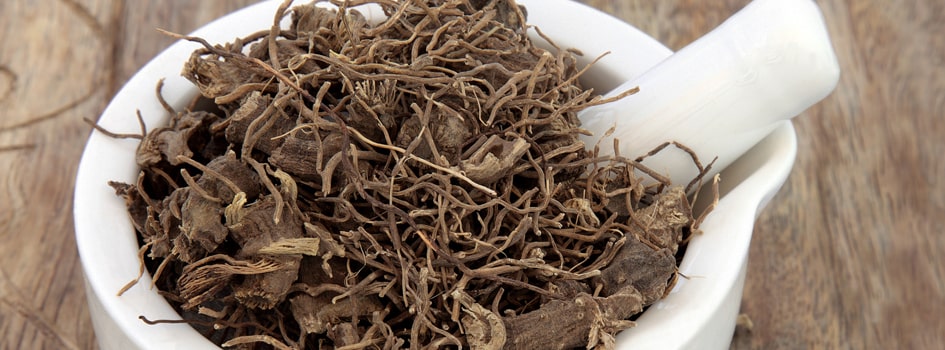
Black Cohosh is a native plant of North America. The flowers and roots have been used in traditional Native American medicine for fertility, hormonal balancing and menopause. It is best known for its potential to relieve hot flashes.
A 2010 review by researchers found women taking Black Cohosh had a 26% reduction in hot flashes and night sweats. More recent studies have linked Black Cohosh supplementation during menopause to reduced sleep disturbances. Some studies have not revealed such promising results, though, leading some researchers to conclude that more studies are necessary.
Vitamin E

Vitamin E is an antioxidant, which means it reduces oxidative stress on the body and clears the body of harmful oxygenated compounds. A 2007 study found that taking 400 IUs of the vitamin daily significantly reduced hot flash frequency and severity. Vitamin E can also help reduce your risk of depression and heart disease. Foods rich in Vitamin E include sunflower seeds, almonds, pumpkin, beet greens, collard greens, spinach, sunflower seed oil, safflower seed oil, wheat germ oil, peanuts, and peanut butter.
Soy Isoflavones
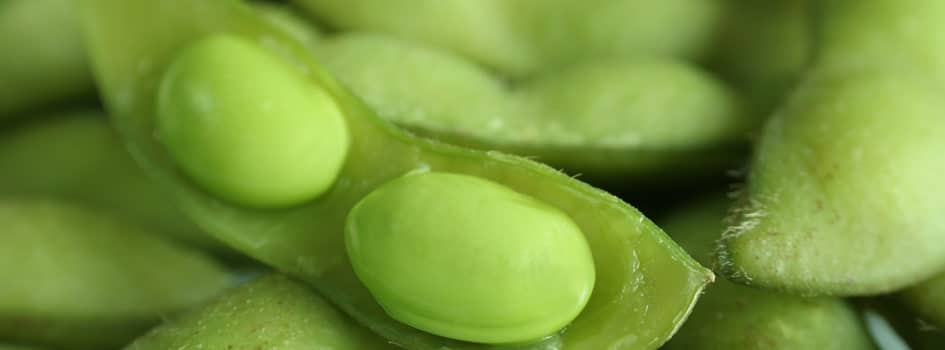
Soy contains plant estrogens. These plant estrogens bind to human estrogen receptors and can assist in increasing estrogen in women whose estrogen levels are waning. Studies show that Asian women with diets rich in soy foods historically suffer fewer hot flashes and other menopausal-related symptoms and heart disease than American women. Several studies have found supplementing Soy Isoflavones to reduce hot flashes in menopausal women. If you don’t want to take a capsule, try increasing soy in your diet with foods like tofu, tempeh, whole soybeans, and miso.
Try to stay away from over-processed soy-based foods such as textured vegatable protien (Vegan meat substitutes), though, since it may not have the same benefits as the whole soy products.
Red Clover
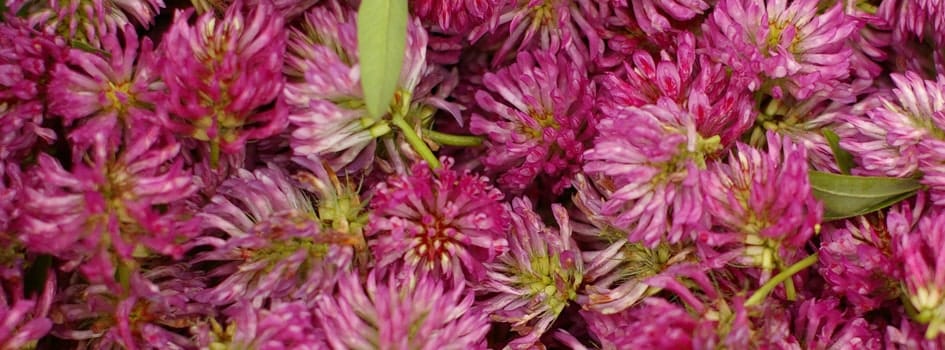
Red clover is a flowering plant native to Europe, North America, and Asia. It has long been used in ancient medicine the help relieve hormonal problems in women. I can be particularly helpful in reducing hot flashes. Several studies show promising data that women using Red Clover experienced a significant reduction in the number of hot flashes per day as well as a reduction in severity. In addition to being used to reduce hot flashes, Red Clover has been used to increase bone density, relieve anxiety and depression as well as assist with vaginal dryness, all symptoms of menopause. Red clover can be taken in a capsule or found as a tea.
Maca Root
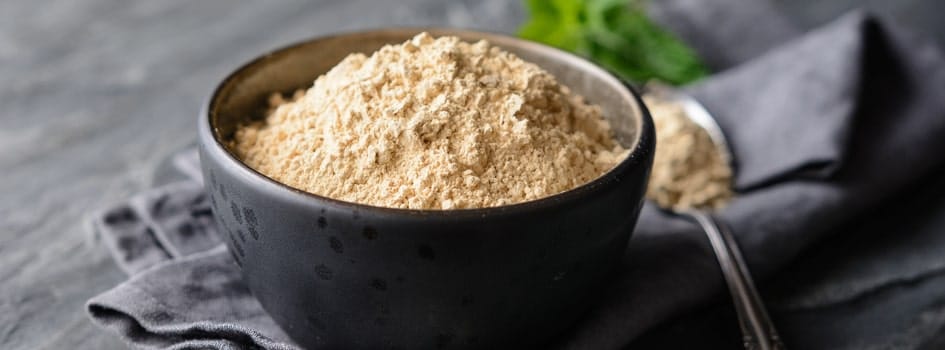
Maca Root is a cruciferous vegetable native to Peru. The root is harvested, dried, and turned into a powder. It has long been used by South American’s to balance hormones in women of all ages. It is often used to help with fertility but it also has many uses in menopause as well. Several studies suggest that Maca is beneficial in reducing the severity as well as the frequency of hot flashes. Rather than working on a specific mechanism such as increasing estrogen, Maca is an adaptogenic herb which means it helps your body balance its own hormones. This can be very helpful if you don’t know if your hot flashes are being caused by not enough estrogen or low progesterone. Maca can be used as a powder in smoothies or taken as a capsule if you don’t like the strong earthy taste.
Make these herbs and vitamins part of your herbal remedies for hot flashes go-to. Check out the side bars below for other helpful tips.
Hot Flashes FAQs
One way to help stop a hot flash is by adding 2-3 drops of peppermint essential oil to 1 tablespoon of carrier oil such as almond or grapeseed oil and applying it to the back of the neck may help relieve hot flashes.
Most women experience hot flashes for 1 to 2 years but it is not uncommon for them to last longer. Some women can go on for 10 years or more. A small percentage of women will experience occasional hot flashes well into their 70s (usually more than 10 years after menopause).
Reducing caffeine, alcohol and spicy food intake can make a positive impact on the intensity and frequency of hot flashes. In addition, a diet low in processed foods can be helpful.
Yes, stress can make hot flashes worse. Reducing stress can help make menopausal symptoms less intense. Try performing the deep breathing exercise below twice a day to reduce stress.
Next time a hot flash comes on try sipping ice water when the hot flash starts. This can help cool the body and give a feeling of calm.
Aside from herbal remedies for hot flashes, breathing exercises can relax you and reduce stress. Try a deep breathing exercise when a hot flash starts
How to Do Breathing Exercise to Ease Hot Flashes
Time needed: 5 hours
Breathing exercise to ease hot flashes.
- Breathe in through your nose for a count of 8
Slowly breathe in and imagine you are filling a pitcher of water.
- Breathe out through your mouth for a count of 8
Slowly breathe out and imagine the heat and stress leaving your body.
- Do this for 5 minutes
Try not to think about anything and focus on your breathing.
The information provided on Health Food Radar is intended for general informational purposes only. While we strive to offer accurate and up-to-date content, we do not provide medical advice, diagnosis, or treatment. Always consult with a qualified healthcare professional before making any dietary or lifestyle changes, especially if you have underlying health conditions or concerns.



